the online opera guide to Wagner’s Aria DICH TEURE HALLE
Read Interesting facts and hear great YouTube Videos about the famous Aria “DICH TEURE HALLE”.
If you want to hear more about the opera TANNHÄUSER, click on the link to the opera portrait.
The Aria – Synopsis & Background
Synopsis: Heinrich, called Tannhäuser, lives as Venus’ lover inside the Venusberg. He had once left the court of the Landgrave of Thuringia as a minstrel after an argument with the other singers. Elisabeth, the Landgrave’s young niece, has never overcome his departure. Now Tannhäuser returns and she is excited in anticipation of the reunion. She is in the large hall of the Wartburg Castle, which she has not entered, since Tannhäuser has left.
This aria is also known under the name “hall aria”. Formally it is on the middle way from the Grand Opéra to the music drama: there are still arias, which are still closed pieces within an opera.
Vibrating horns create an electrified atmosphere. Elisabeth has every reason to be excited.
Cheering strings announce Elisabeth’s happiness Leitmotiv:
Elisabeth begins the aria with joy and excitement. At the thought of the departure of Tannhäuser, the music changes into darkness. An oboe brings Elisabeth back into the cheering mood of the beginning:
With a repeated increase of the “sei mir gegrüsst” in pitch and tone strength, Wagner leads Elisabeth’s voice to a climacteric D.
The Aria – the text of DICH TEURE HALLE
Dich, teure Halle, grüss ich wieder,
froh grüss ich dich, geliebter Raum!
In dir erwachen seine Lieder
und wecken mich aus düstrem Traum.Da er aus dir geschieden,
wie öd erschienst du mir!
Aus mir entfloh der Frieden,
die Freude zog aus dir.Wie jetzt mein Busen hoch sich hebet,
so scheinst du jetzt mir stolz und hehr.
der mich und dich so neu belebet,
nicht weilt er ferne mehr.Wie jetzt mein Busen,
Sei mir gegrüsst! Sei mir gegrüsst!
Du, teure Halle, sei mir gegrüsst!
I greet thee again, dear hall,
gladly I greet thee, beloved hall!
In thee his songs awake
And wake me from a gloomy dream.Since he departed from thee,
how desolate you seemed to me!
Peace fled from me,
Joy went out of thee.As now my bosom lifts high,
Now thou seemest proud and high to me.
Who revives me and you so anew,
No longer lingers he far away,
Hail to thee! Hail to me!
Dear hall, greetings to me!
Written for a “juvenile dramatic soprano”
The role of Elisabeth is written for a dramatic soprano. The dramatic soprano must have a strong, voluminous voice with juvenile freshness. The voice must be powerful but without forcing. The voice must radiate freshness and vitality. The role requires a high resilience and endurance of the singer.
Famous interpretations of DICH TEURE HALLE
We hear this aria first in the interpretation by Elisabeth Grümmer. Grümmer was a singer who had soul in her voice. The German music critic Joachim Kaiser wrote about her recording: How Elisabeth Grümmer sings Elisabeth with heart-moving intimacy, completely un-kitsched but so tenderly glowing, that one can speak of an ideal cast.
Dich teure Halle (1) – Grümmer
Elisabeth Schwarzkopf was not a heroic soprano, but a lyrical soprano. This benefits this aria. Her interpretation is lyrically radiant, at times almost dreamy.
Dich teure Halle (2) – Schwarzkopf
Waltraud Meier was one of the great Wagner singers of the 90s and 00s.
Dich teure Halle (3) – Meier
You will hear an ecstatic interpretation by the great Lotte Lehmann from 1924.
Dich teure Halle (4) – Lehmann
In 2003 the famous soprano Deborah Voigt was fired: she was too big for the stage, they said. She had her stomach surgically reduced and lost almost ninety kilos, which led to a great deal of discussion. We hear you in a concert recording of this aria after her return to New York after the gastric surgery and the following break, where she was warmly welcomed.
Voigt was one of the great Wagner sopranos of her time. Her style was more the gripping than the lyrical one. Her voice was powerful and had a high pitched sound.
Dich teure Halle (5) – Voigt
Jessye Norman studied in Germany and her German was flawless. Her voice was rich in sound and yet dramatic. A very good basis for the Wagner Fach.
Dich teure Halle (6) – Norman
Peter Lutz, opera-inside, the online opera guide to the Aria “DICH TEURE HALLE” from the opera TANNHÄUSER.

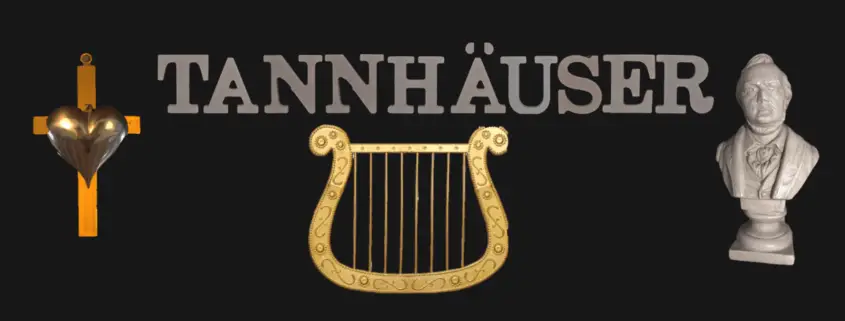
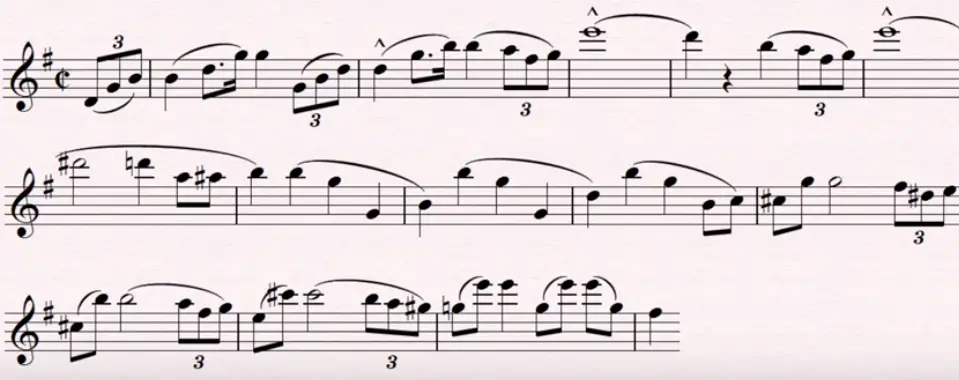
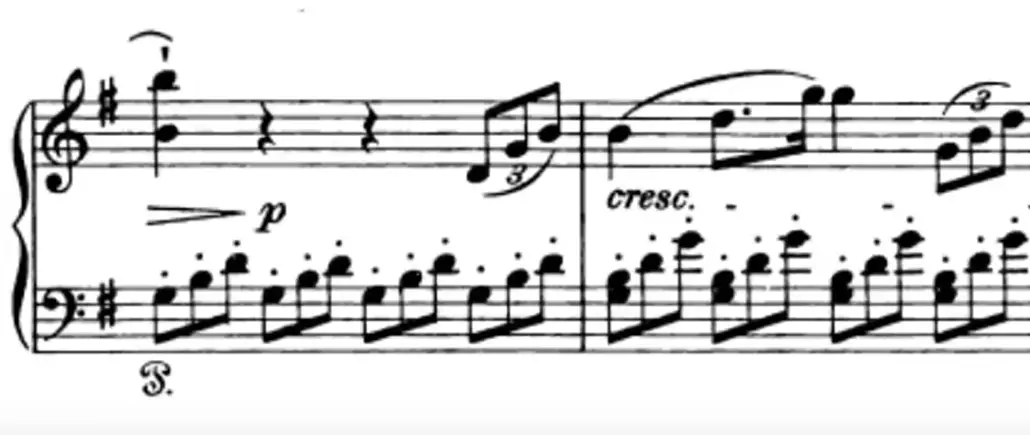
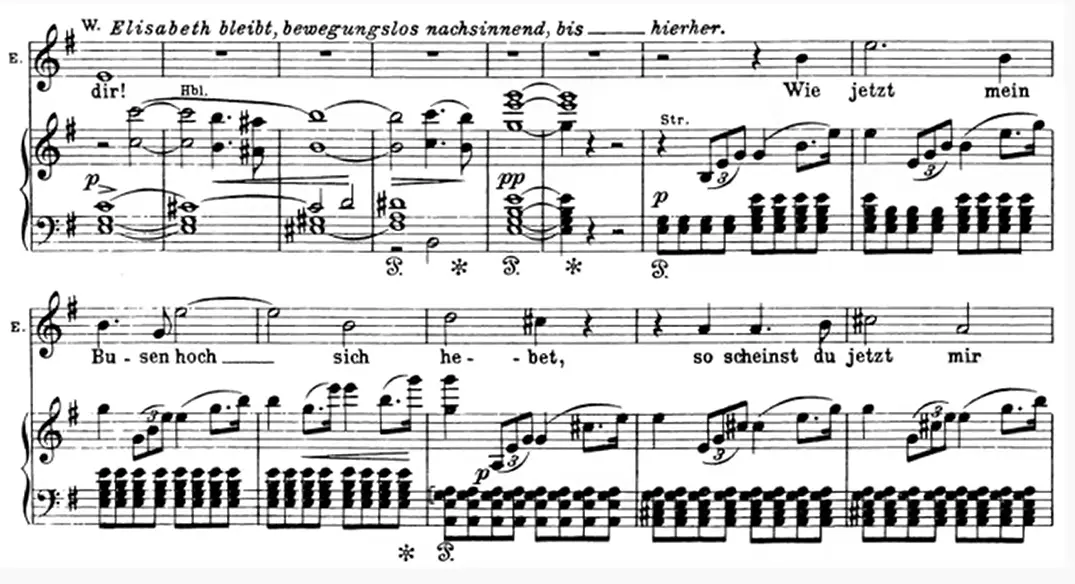
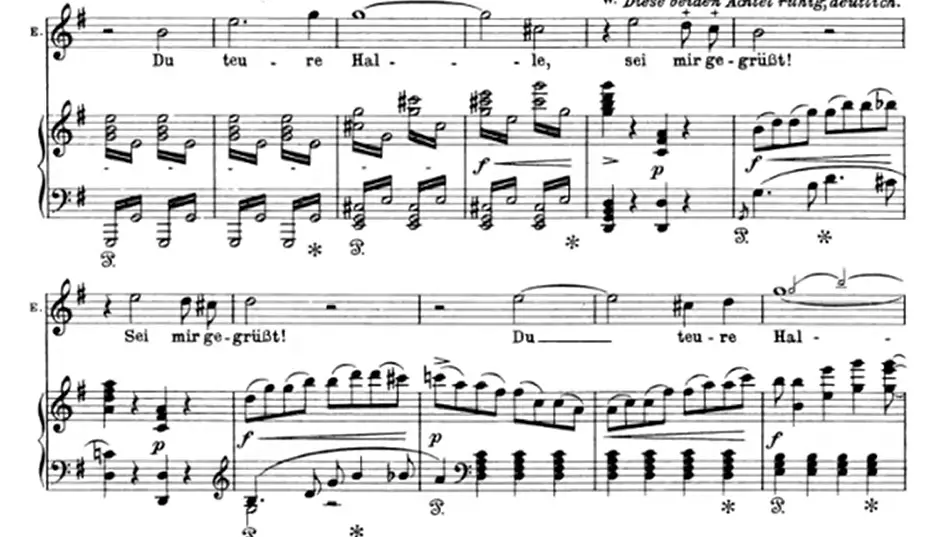


Leave a Reply
Want to join the discussion?Feel free to contribute!